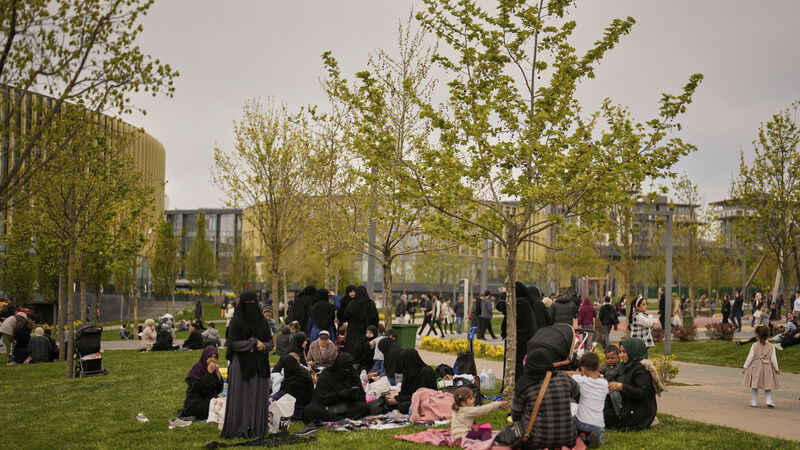Hundreds treated for injuries as earthquake rocks Istanbul

An earthquake with a preliminary magnitude of 6.2 shook Istanbul and other areas of Turkey, prompting widespread panic and scores of injuries in the city of 16 million people, though there were no immediate reports of serious damage.
At least 236 people were treated for injuries they suffered while trying to jump from buildings or for panic attacks, most of them in Istanbul, where residents are on tenterhooks because the city is considered at high risk for a major quake.











